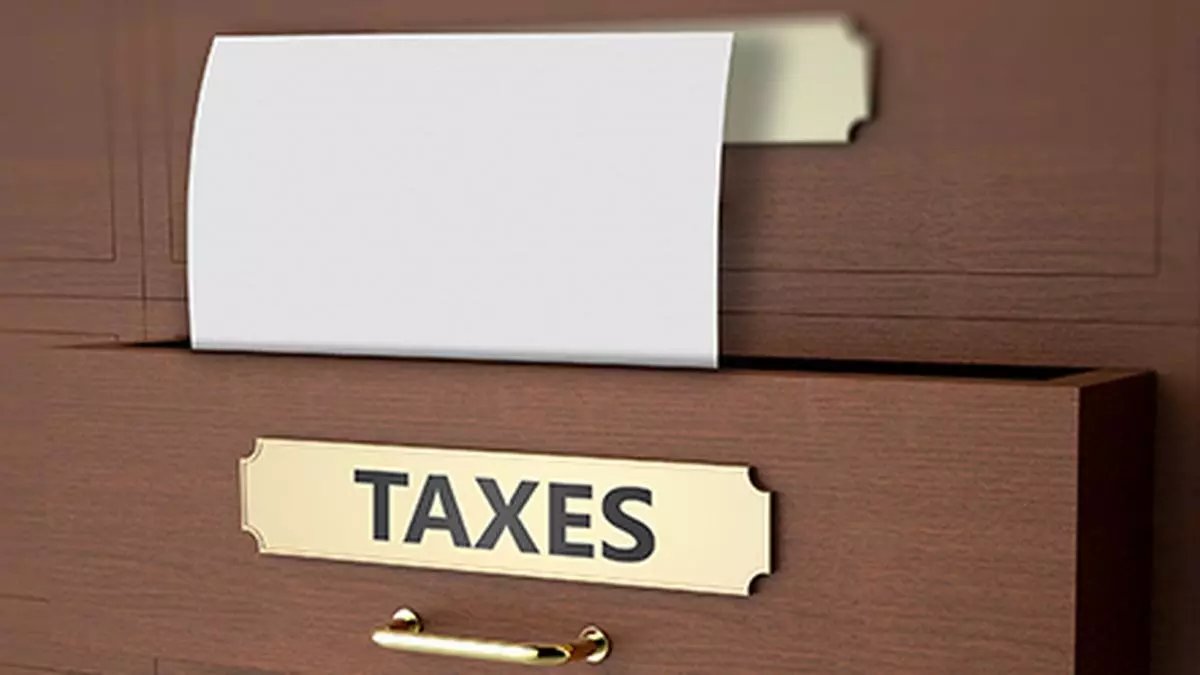Ahead of the presentation of the full Union Budget for fiscal year 2024-25, the Revenue Department has invited suggestions from trade and industry associations on changes in direct and indirect taxes. The suggestions can be submitted till June 17.
- Also read: CII sees India GDP growing at robust 8% in 2024-25
Suggestions can be given for Central Excise and Custom duty under indirect taxes, while in terms of direct taxes, same can be submitted for Personal Income Tax (PIT) and Corporate Income Tax (CIT). Union Budget does not deal with rates and regulations related with Goods & Services Tax, so for that it would be advisable to approach the GST Council. Though, the Finance Bill does propose some changes in GST law, that is based on recommendations by GST Council.
In a communication to Trade and Industry bodies, the Revenue Department said: “ You may like to send your suggestions for changes in the duty structure, rates and broadening of tax base on both direct and indirect taxes giving economic justification for the same.” Also, suggestions and views may be supplemented and justified by relevant statistical information about production, prices, revenue implication of the changes suggested and any other information to support your proposal.
“The request for correction of inverted duty structure, if any for a commodity, should necessarily be supported by value addition at each stage of manufacturing of the commodity. It would not be feasible to examine suggestions that are either not clearly explained or which are not supported by adequate justification/statistics,” the communication said.
- Also read: Full Budget for FY25 likely during second fortnight of July
Government policy with reference to direct taxes in the medium term is to phase out tax incentives, deductions and exemptions while simultaneously rationalising the rates of tax. Hence, ‘it would be also desirable that while forwarding the suggestions/ recommendations positive externalities arising out of the said recommendations and their quantification are also indicated,” the letter said. Further, Trade and Industry bodies have also been advised to give suggestions for reducing compliances, for providing tax certainty and reducing litigations.
This year, Interim Budget followed the convention of not making any change in the tax proposal. However, the rule makes it clear that if the government has a full majority on the day of the presentation of the budget with the full confidence of the House, even if the election has not been announced, it can make policy announcements or changes in tax rates or rules in the interim budget itself. It has happened in the past.
However, the convention says, that since the government of the day has majority and confidence of the house for fewer months of the fiscal year, then it should not make provision for the full year. “As for tax proposals, in keeping with the convention, I do not propose to make any changes relating to taxation and propose to retain the same tax rates for direct taxes and indirect taxes including import duties,” Finance Minister Nirmala Sitharaman said while presenting the interim budget on February 1.
Changes in tax rates or provisions may have some impact on collection targets, as mentioned in the interim budget. Gross tax revenue is budgeted to increase by 11.5 per cent in 2024-25, over the revised estimates of 2023-24. This is greater than the estimated nominal GDP growth of 10.5 per cent in 2024-25. Corporation tax and income tax are estimated to grow at about 13 per cent. GST revenue is budgeted to increase by 11.6 per cent.




